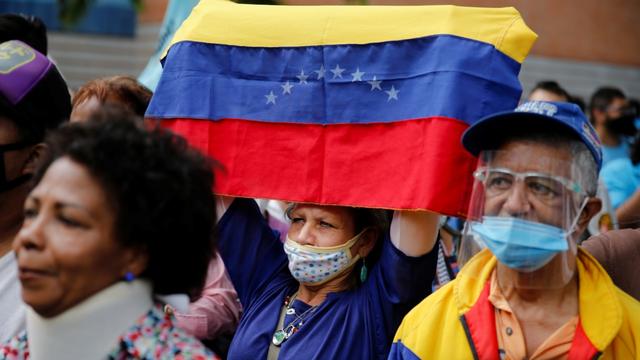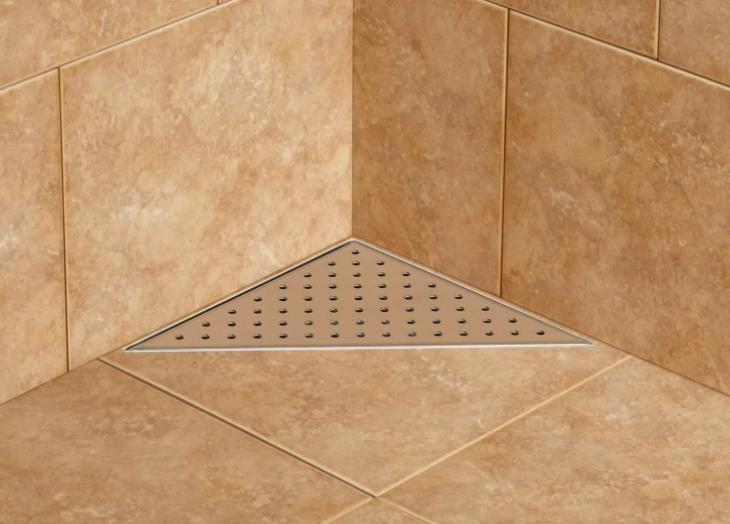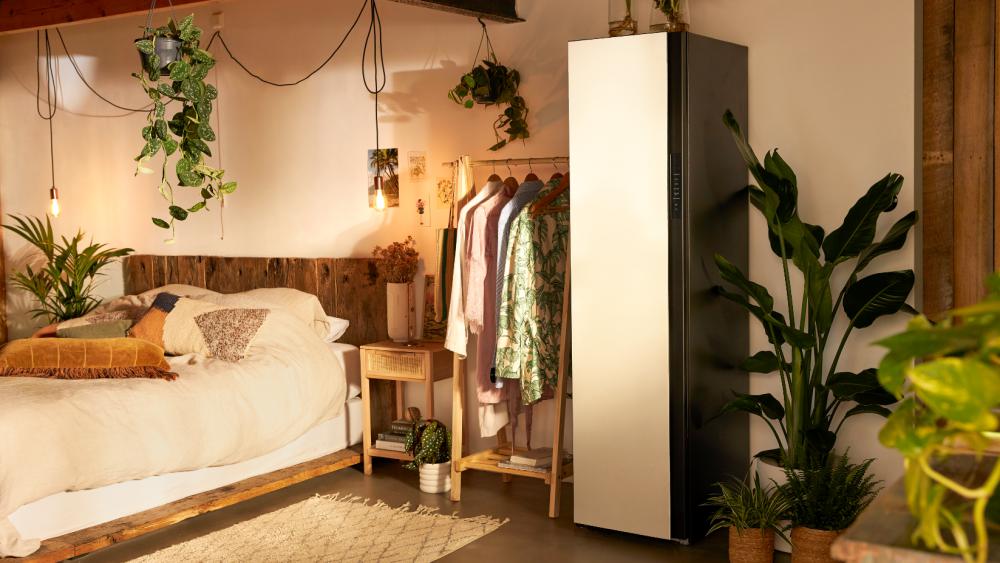The deployment of the EU mission marks the beginning of the electoral campaign in Venezuela
Venezuela has begun this Thursday the electoral campaign for the regional and local elections on November 21, while the Electoral Observation Mission of the European Union (EOM-EU) has deployed 44 of its members throughout the country, under the supervision of the head of the operation, MEP Isabel Santos.
Local and regional elections in Venezuela will be on November 21After meeting with the National Electoral Council (CNE), Santos explained that, in addition, a "central team" of eleven people is in Venezuela and, later, 34 more observers will be added, as well as a delegation of 12 parliamentarians, diplomats - without specifying how many - and several observers who will be hired in the country.
"We hope to reach November 21 with 100 or more observers, which means a large mission, compared to the numbers of previous missions in Venezuela and in other countries," the Portuguese MEP detailed.
Santos has pointed out that the mission - the first of the EU in Venezuela for 15 years - will observe "the entire electoral process", from the campaign to "the moment of voting", as well as the counting of votes, and also "if there are claim" in later days.
On November 23, the EOM-EU will present a preliminary report with the first conclusions and, two months later, the final report will arrive, during which time the contributions of the observers will be evaluated in depth, which will serve to see if some corrections and recommendations for future elections.

The mission will be in 22 of the 23 states, in addition to Caracas.
Only a team of short-term observers will attend Amazonas in the days prior to the vote, due to logistical and security conditions.
At the start of the operation, Santos has fired the observers who have left for the respective departments in vehicles that, due to the shortage of gasoline -particularly noticeable outside the capital- carried fuel drums.
Maduro asks to prepare for a "great victory of democracy"
For his part, the president of Venezuela, Nicolás Maduro, has asked this Thursday to prepare for a "great victory of democracy" in regional and local elections.
"Let's prepare for a great election. November 21, and let it be a great victory for democracy, for the Constitution, for the republican freedom of Venezuela," he said in an audio broadcast on his Twitter account.
The president has also made a call to the population to join the electoral campaign that will end on November 18, and has congratulated all the candidates who participated in the elections.
The bulk of the opposition will attend the elections
"I congratulate all the candidates of the bloc of the homeland, of the Bolivarian and Chavista forces, (as well as) of the opposition groups. To all the candidates who have deployed with faith to mobilize their proposals, their programs and its voters, let's prepare for a great election," he insisted.
Maduro has also taken the opportunity to reiterate his message that the country is heading towards a "definitive" recovery, towards "prosperity", growth and "renewed hope".
The Venezuelan opposition will attend the regional and local elections in NovemberIn the November 21 elections, a total of 3,082 positions will be elected, distributed among 23 governors, 335 mayors, 253 legislators to the Legislative Councils and 2,471 councilors.
For the first time since 2017, the bulk of the opposition will attend these elections, including the sector led by Juan Guaidó, after requesting abstention in the 2018 presidential elections, and the 2020 parliamentary elections, in which Chavismo obtained 92%. of the deputies in contention.
Capriles calls on Venezuelans to vote against "Maduro's disaster"
Meanwhile, the Venezuelan opposition leader Henrique Capriles has appealed to his compatriots to go vote "against the disaster" that he considers to be the president of Venezuela, Nicolás Maduro.
"We Venezuelans have to express ourselves against the disaster of Maduro and the incompetents who accompany him," said Capriles.
The two-time presidential candidate considers that the ruling United Socialist Party of Venezuela (PSUV) "is destruction and corruption."
"Stay in power for what? They don't solve anything," added the politician.
That is why he has asked that what the people feel, the laziness in the neighborhoods, towns, communities, hamlets and urbanizations of the country be expressed "through the vote."
"Maduro does not want people to vote. They want to make people believe that the majority of the country supports them and that others are responsible for the chaos," he stressed.









3944